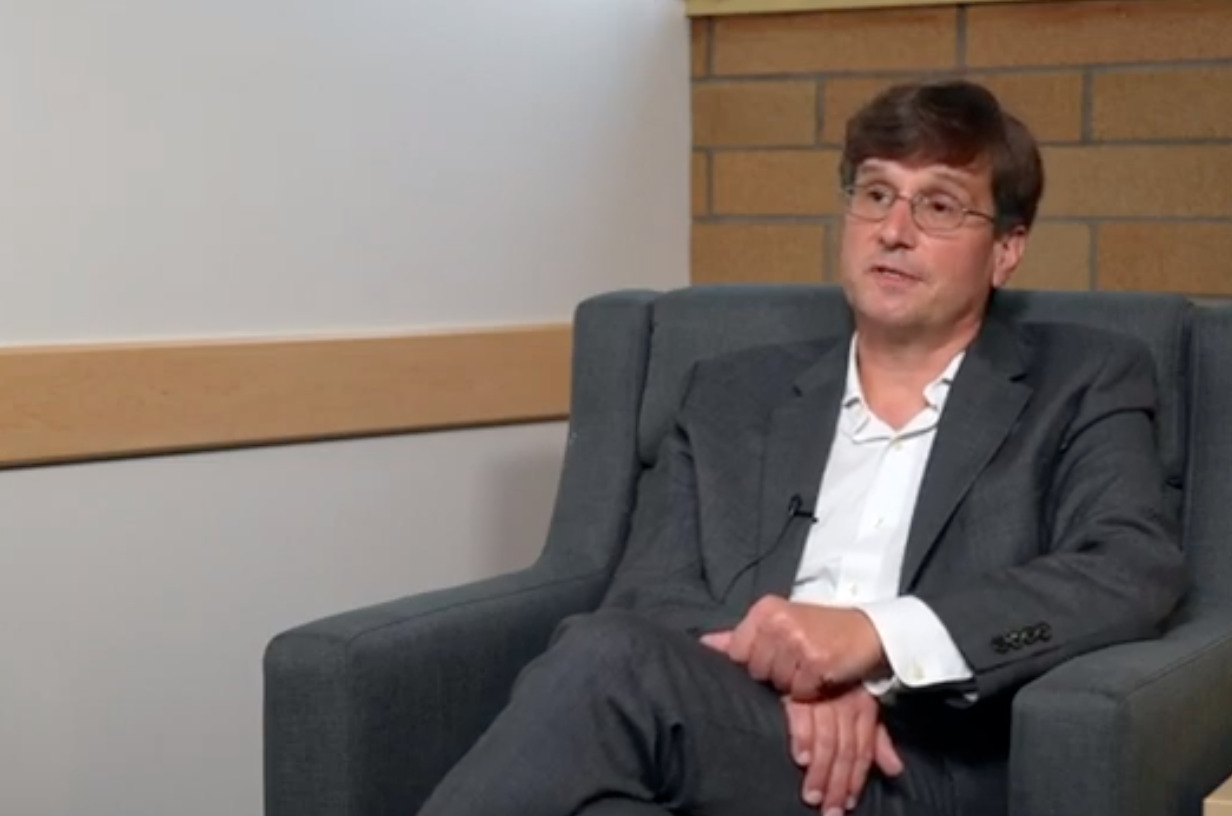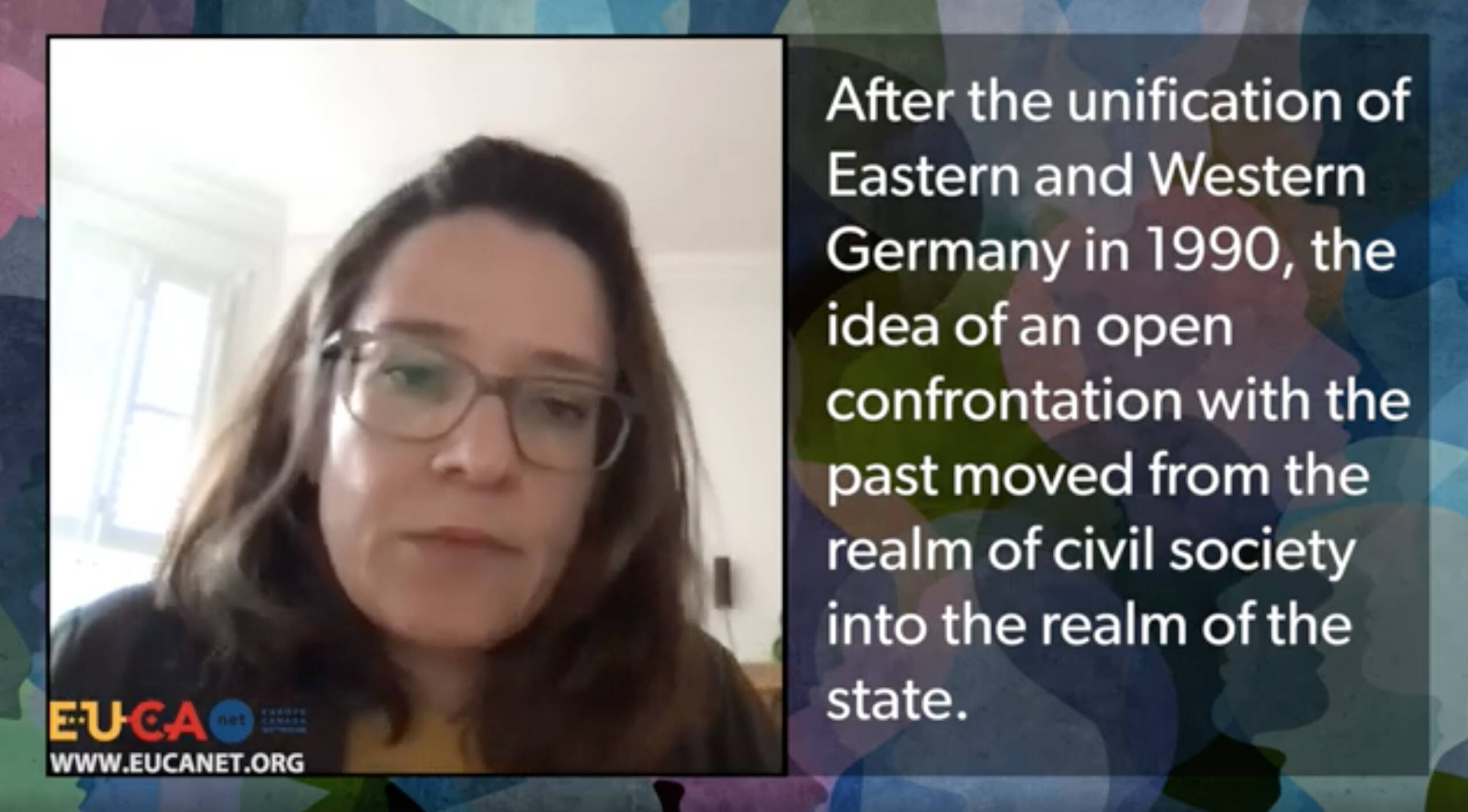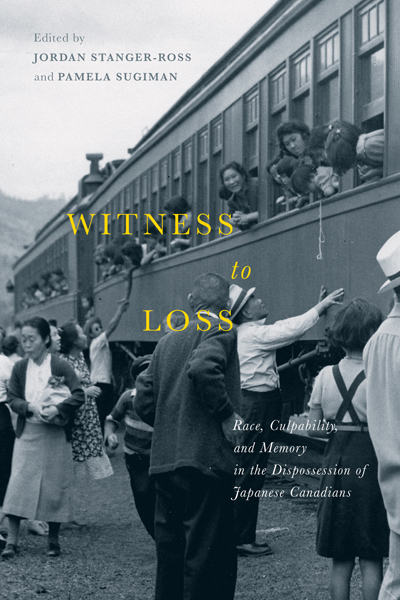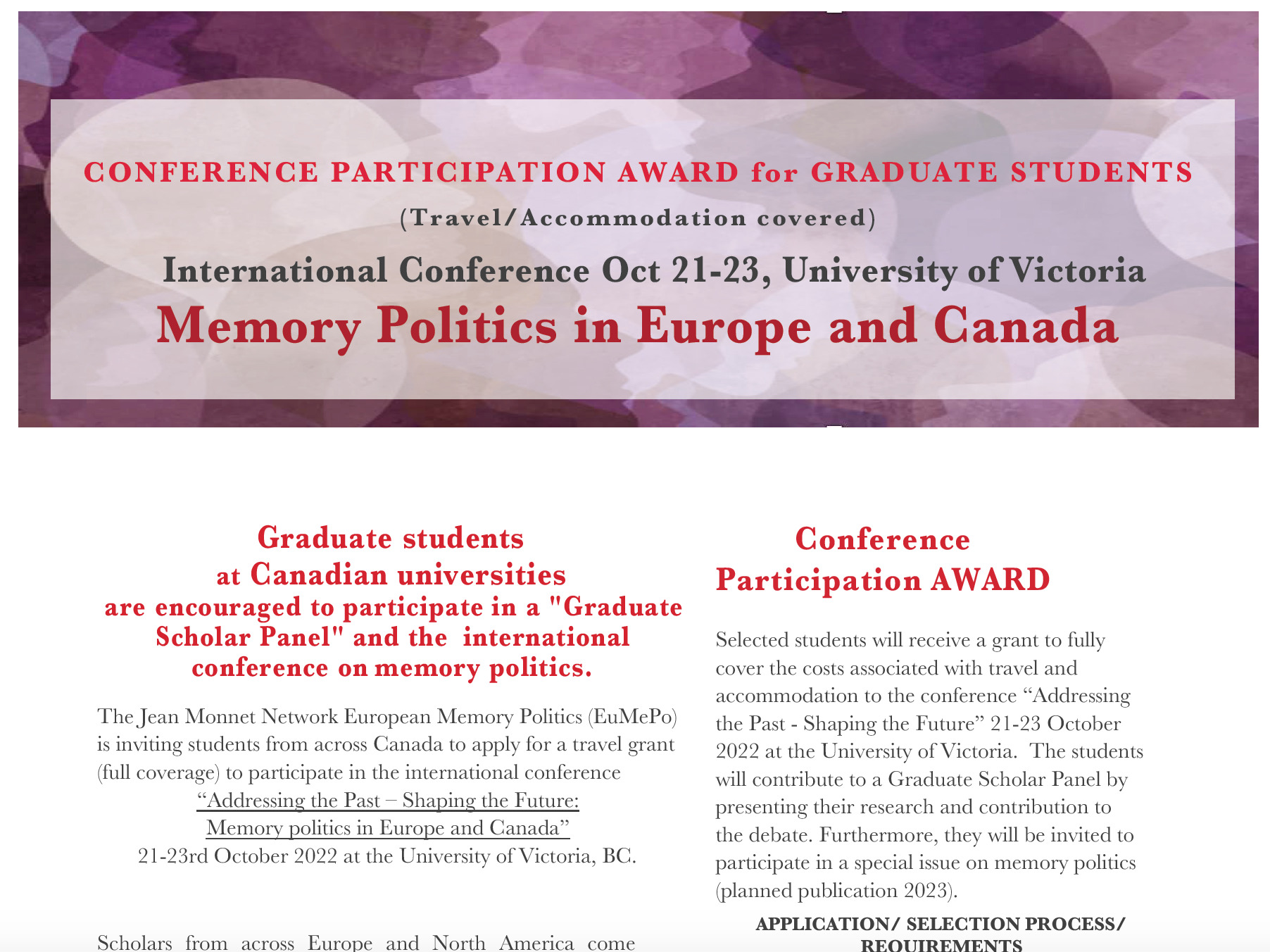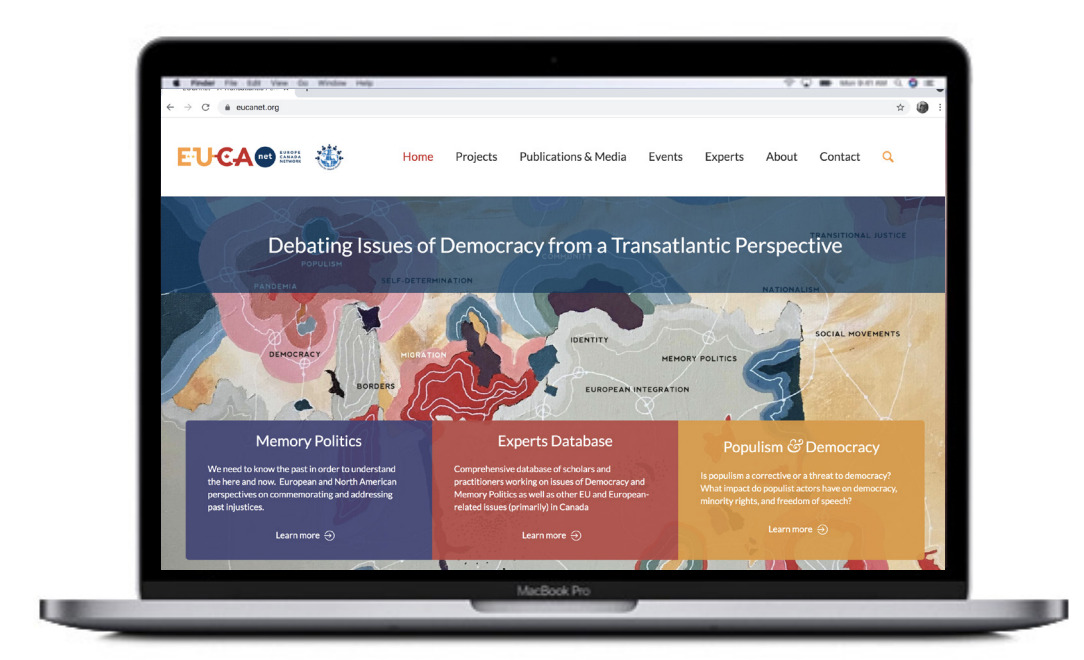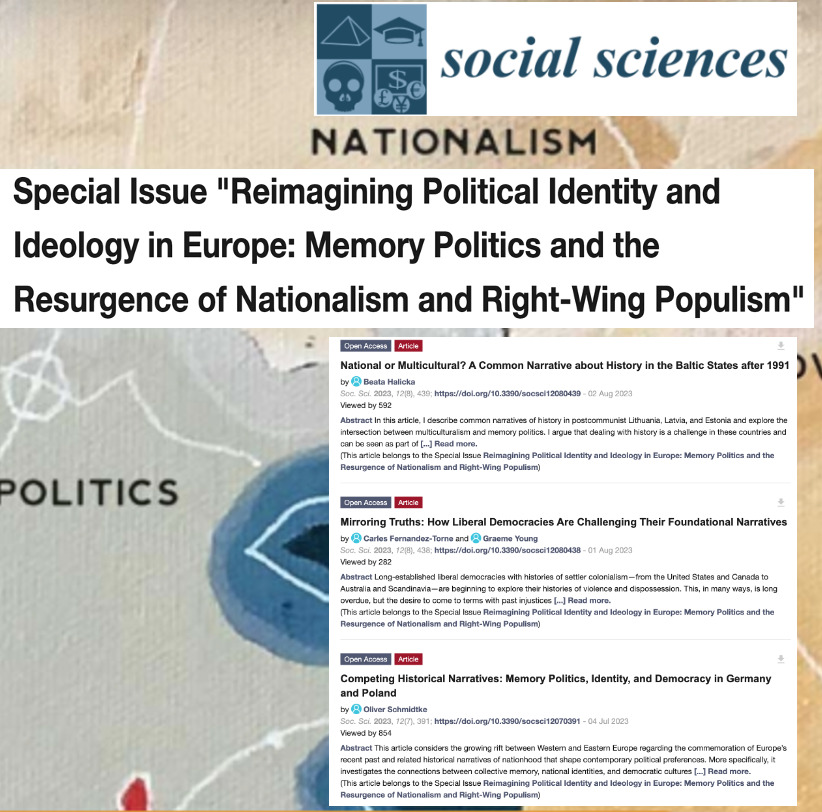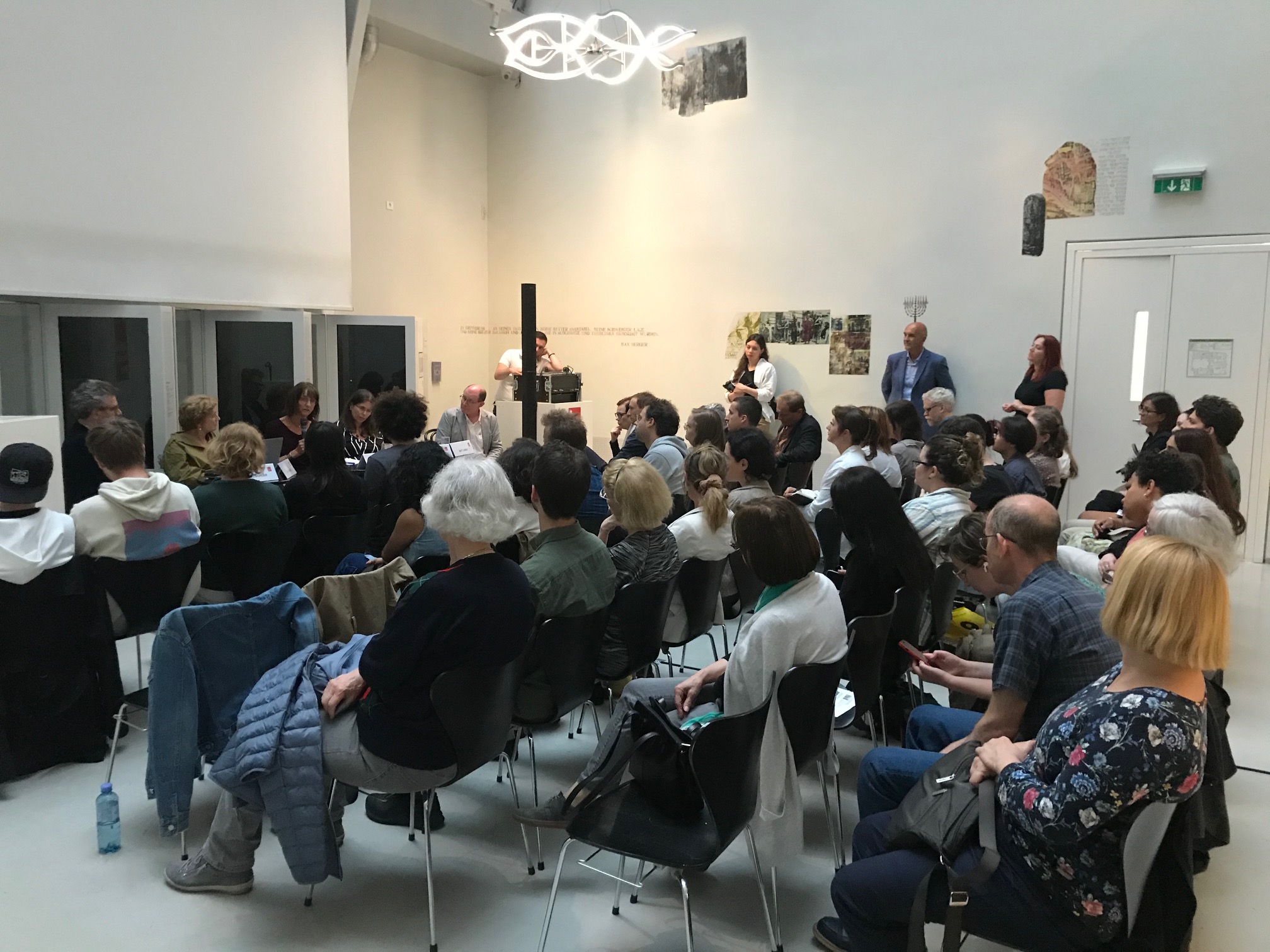Interview with Astrid Erll – Past Injustices, Current Realities
Dr. Astrid Erll is Professor of Anglophone Literatures and Cultures at Goethe-University Frankfurt, Germany. She has worked on German, British, South Asian, American, and South African literatures and media cultures, including literary history (focus on 19th-21st centuries), media history (focus on film and photography), cultural theory, media theory, narratology, transcultural studies and memory studies.
In this interview, Erll begins by addressing the meaning of memory and the process through which memory is simultaneously shaped through our social cultures and individual nuances. She argues that memory exists in a spectrum that highlights “the interrelations of past, present, and future in intersocial contexts.” She goes on to discuss Germany in particular, a country that is shifting its cultural framework; yet “the elephant in the room for German collective memory [continues to be] the Nazi time and the Holocaust.”
Touching on her current work, Erll explains how understanding the Covid-19 pandemic challenges our collective memory. Through academia, art, and media culture, “memory plays out on different scales,” travelling and flowing across cultures and nations.
This interview is part of the www.MemoryPolitics.ca activities: the project “European and North American Perspectives on Commemorating and Addressing Past Injustices” is co-funded by the Konrad Adenauer Foundation Ottawa and the Jean Monnet Network “European Memory Politics” is co-funded by the Erasmus+ Programme of the European Union. The European Union support for the production of publications does not constitute an endorsement of the contents, which reflect the views only of the authors and cannot be held responsible for any use which may be made of the information contained therein.
